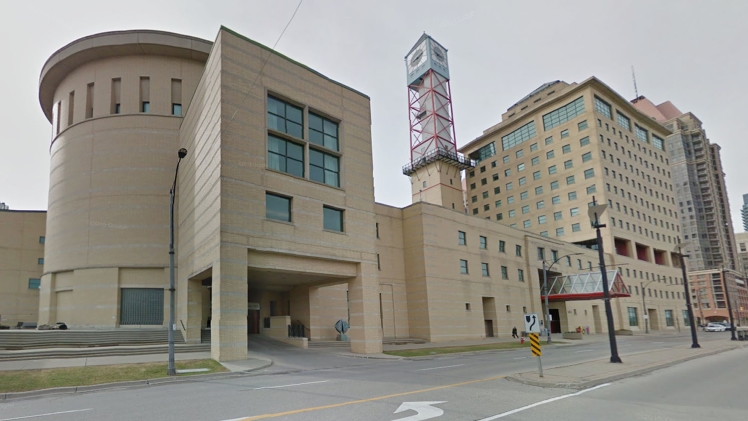For what reason do you require Mississauga building permit? This is the most often asked construction question. Failing to secure a building permit is crucial and necessary, and failure to do so might result in severe setbacks down the line. A homeowner will need a building permit to change or enlarge their current home or add a swimming pool, deck, shed, or other structure.
What Exactly Is a Building Permit?
Building permit Mississauga is a certificate issued by a local government stating that work was completed to a specified standard. Because it is referred to as a permit (authorization), it must be secured before starting the job. Once the work is completed satisfactorily, the permit is closed and approved.
Mississauga building permit is only good for a specific period. You do not have limitless time to start and finish the work once a building permit has been granted. You must begin within six months or a year, in most cases. In most cases, projects must be finished within a year or 18 months.
What is the method for getting a building permit?
Step one: Contact your township or city’s building department. You may be required to submit your completed application, survey, and architectural plans detailing the work which is proposed, depending on the scope of work. You can typically validate the criteria by visiting the website of your local building department and obtaining the application.
Step two: Complete your permit application and be as descriptive as possible about the work that will be done. Complete your architectural plans and submit them together with any practical application or permission payments.
Step three: Once your Building permit Mississauga has been authorized, display it in a window or on your front door. Before you begin work, double-check that your homeowner’s or builder’s risk insurance is in place and that you have copies of your contractor’s licence and insurance details. For your safety, your contractor should give you a copy of its Commercial General Liability and Workers Compensation insurance policies before beginning any work.
Step Four: As your project advances, you’ll need to schedule inspections of the completed phases of work and receive approval to move on to the next step. Building department inspections are all subject to the foundation, frame, crude electrical, rough plumbing, insulation, and others. Sign-offs from the building department will be necessary for each trade’s work, such as plumbing and electrical.
Step Five: After your project passes its final inspection, your building department will award you a Certificate of Occupancy, which gives the construction completed legal standing. This will allow the new work to be insured and properly transferred to a future owner without causing any title concerns if the property is sold.
Conclusion
In the long run, getting a building permit for your residential project will save you money and provide you peace of mind. When there are pre-and post-construction issues due to a lack of sufficient paperwork, it can cause the job to be badly delayed, with many stops. Building permits, as you can see, are a requirement that should not be disregarded. A building permit is usually the most innovative, most sensible option of action, from pausing work to demolishing it in the middle of it to even significant fees and penalties.

